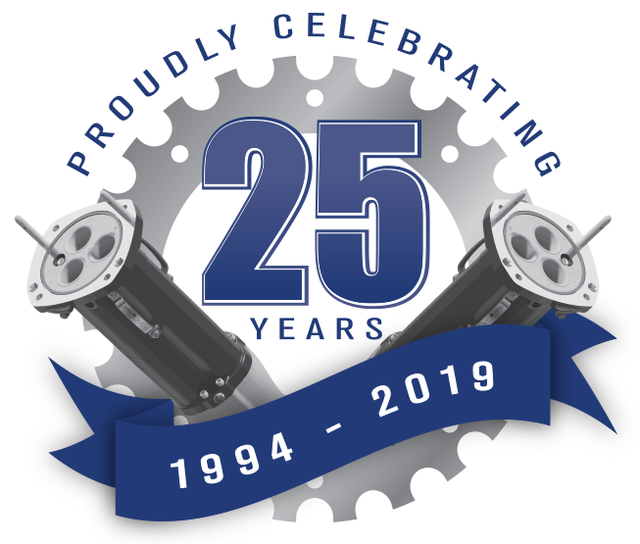COMPANY INSIGHT
Sponsored by: Petrolab
Mineralogical Solutions
Petrolab specialises in automated mineralogy, including ore characterisation, geometallurgy, routine plant monitoring and auditing. We run the only commercial installation of a Zeiss Mineralogic mining platform in the UK. This state-of-the-art system allows our clients access to the most powerful mineral characterisation tool on the market


At Petrolab we see mineralogy as the key linkage that ties and de-risks the entire mining lifecycle, from assessment of mineral recoverability of exploration targets through geometallurical studies and flowsheet design, commissioning and plant optimisation to tailings management and final remediation. We are also opening the door to innovate and develop the mineralogy toolkit to meet the analytical challenges of the critical elements in the revolution in electric vehicles and energy generation.
Services for Exploration Geology
The key to these studies is understanding the distribution of the target elements and implications of potential penalty elements and gangue assemblages, across a range of scales from the macroscale to microscale of the deposit’s structure and paragenesis. Exploration budgets are almost always invariably tight and therefore obtaining the maximum amount of value from an investigation is critical for a client.
Petrolab have been developing correlative workflows to collect and integrate data from macro to micro scale allowing clients to get a much deeper understanding of the potential viability of an exploration project. Typical projects will go from core logging, to optical microscopy at both macro and microscale, to automated SEM mineral elemental mapping and further trace element and isotope analysis through microprobe and laser ablation. Petrolab now make this an affordable option for the junior exploration companies and not just a preserve of the majors.
Process and Operational Mineralogy
Mineral processing operations are undergoing a shift in expectations of what can be achieved through the digital revolution, especially with respect to process monitoring and control systems with that much drawn from the chemical, pharmaceutical and manufacturing industries. The key difference with mining and mineral processing, and one reason for the lag in uptake, is that the ore feed material has significantly more variability than inputs in those industries. Therefore, alongside automation and process control, there is a requirement to have a clear understanding of the impact of feed variability on the process.

AusProof is celebrating 25 years of business in Australia in 2019.
Operational mineralogy provides the key linkage between the mineralogy, geochemical assay data and process performance, with a focus on trending datasets. Routine mineralogy at its broadest level gives the benchmark for concentrator operation, allowing mineralogical accounting to give context to metal accounting; this helps to answer the key question for any operation, is this good or bad concentrator performance for this particular ore feed material?
As a result the mineralogy data becomes more deeply integrated with concentrator optimisation, resource estimation and mine planning and invariably for the mine owners and investors this significantly reduces risk. The higher the frequency of the monitoringthe clearer the “image or window” of the concentrator.
In an ideal world this would be on a shift by shift basis, which is now possible with onsite mineralogical solutions, however for smaller operations this might not be within operational budgets and therefore weekly or monthly composites are used and have been shown to create numerous insights and process improvement opportunities.
The typical areas where value has been generated;
1. Understanding impact of gangue mineralogy and lithology in concentrator feed and its resulting impact in mill performance.
2. Concentrate quality and increasing per unit value, through greater understanding of distribution and morphology of minerals causing dilution and also the hosts of penalty and credit elements.
3. Losses to tailings, understanding if they are recoverable by the current process. Therefore providing a more accurate measure of plant performance and ore type.
4. Finally, given sufficient data quality, the data may be used in preventative maintenance planning through early identification of process changes that are unrelated to ore characteristics.
These examples can be achieved with a very simple program of circuit monitoring with sample points of feed, concentrate and tails. These points give invaluable data to empower mine site staff to make more informed decisions, from identifying and monitoring process improvement projects to evaluation of potential exploration targets.

AusProof is celebrating 25 years of business in Australia in 2019.
Construction and Raw Material Testing.
Petrolab also provides petrographic analysis for concrete, render and mortar. Degradation can result from a number of different processes from mix design issues to chemical attack and fire damage. Concrete petrography is a crucial technique for the diagnosis of these processes.
Examinations are conducted using visual assessment, thin section examination and where required, scanning electron microscope (SEM) analysis, in accordance with the relevant British, ASTM and industry standards. Petrolab also look at the quality of industrial mineral products and the suitability of aggregates for use in construction from concrete to armour stone and asphalt.
With all our areas of expertise this allows us to utilise techniques developed across a wide range of industries, which has significantly driven innovation of our services. For example, industry leading techniques in developing automated mineralogy for coal have be now been adapted and applied to assessment of graphitic ores.
Overall our core philosophy is to be at the leading edge of microscopy and mineralogical investigation, delivering our clients the highest quality and informative reports.

